10 Ways A Dog May Be Impacted By Its Owner’s Anxiety

If you’ve ever had a rough day and noticed your dog acting a little differently, it might be more than just a coincidence. Dogs are great at catching their owners’ emotions, and when you’re anxious, it can affect them in ways you might not expect. Here is a list of ten common ways your anxiety may impact your dog.
Emotional Sensitivity Heightened
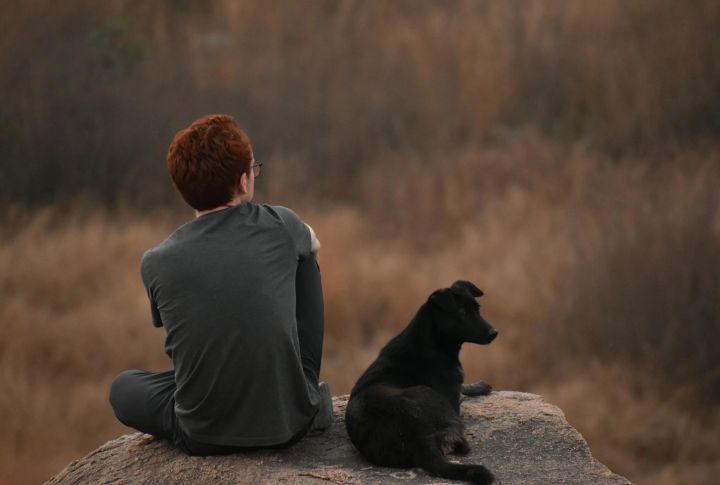
Dogs sense emotions in ways we can’t always understand. When you’re anxious, your body language may change or your tone may shift. Your energy may even become tense. Dogs pick up on these things and might start acting more fearful or overly cautious in response to your nervous energy.
Increased Stress And Health Problems
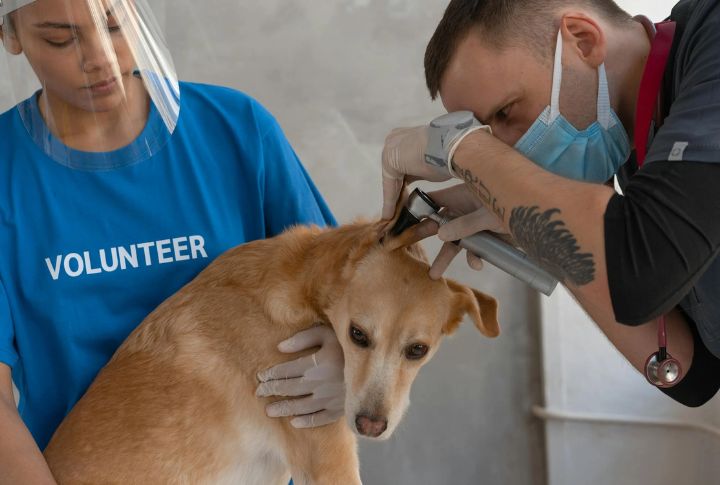
Chronic stress affects your body, and the same goes for your dog. If your anxiety is ongoing, it can trigger physical problems for your dog. They might develop issues like digestive troubles and skin irritation. Their stress manifests physically, just like yours. Watch for signs.
Hyper-Vigilance

Walking through life with your ears pricked up and your heart racing with an expectation for something to go wrong? This can pass to your dog and may show up in the form of defensive behaviors or an inability to relax. Constant tension turns small triggers into big reactions.
Disrupted Bonding And Communication

Communication is key in any relationship, even with your dog. Your dog can sense your anxiousness in communication and becomes confused. You might unintentionally give off mixed signals. A tense body or frustrated voice can affect how your dog interprets your commands and lead to misunderstandings and strained communication.
Aggressive Reactions
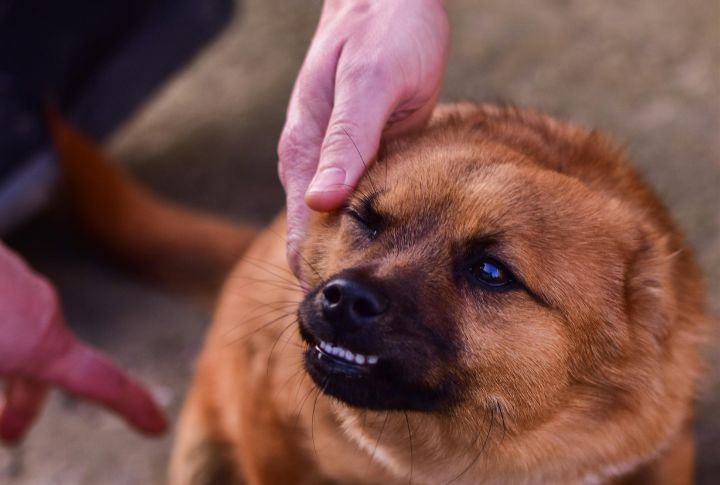
Your dog, once calm and friendly, suddenly starts growling at people or hiding under the couch. Anxiety can cause your dog to react out of fear or frustration. The instability of your emotions can make them feel threatened. They might even develop a fear of new situations or aggression.
Excessive Barking Or Whining
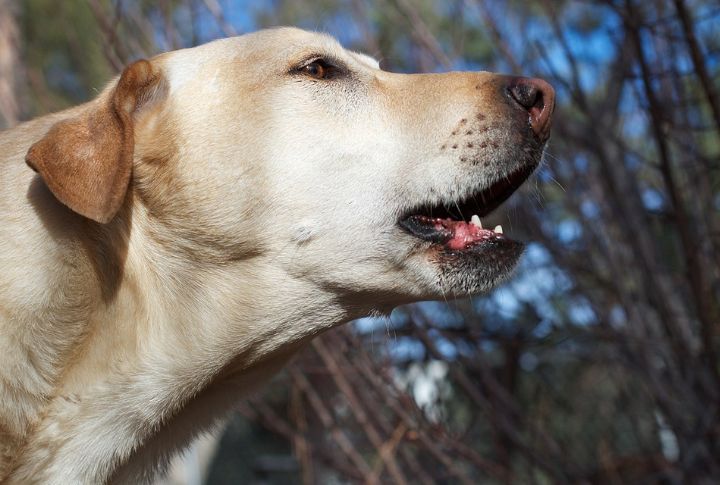
It’s also not coincidental that your dog may go on a barking spree when you are feeling stressed. An owner’s anxiety can cause a dog to become more vocal. They may start whining or barking excessively to communicate their discomfort. That’s their way to tell you of their own nervousness.
Separation Anxiety

You may have noticed your dog becoming more anxious when you leave the house. If you’re constantly stressed or anxious, your dog can develop separation anxiety. The emotional distance between you and your dog makes them feel unsafe, and you may notice excessive barking or pacing.
Increased Pent-Up Energy
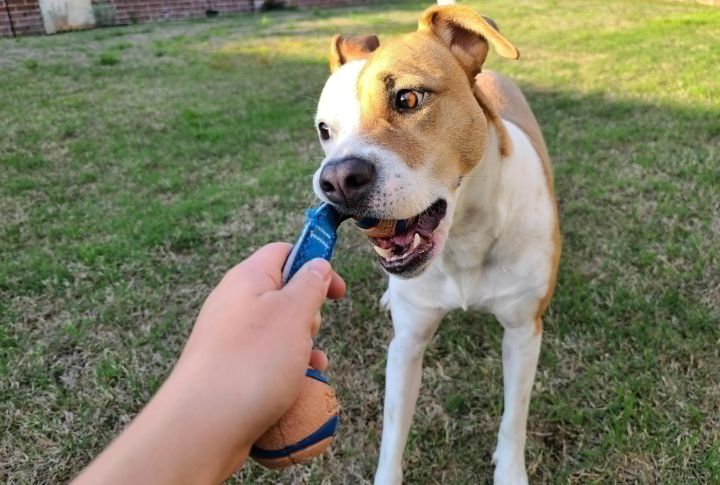
When anxiety takes over, you might skip out on daily walks or playtime. Unfortunately, your dog suffers as a result. Exercise is vital for their well-being, and without it, they can become bored and even frustrated. A dog’s pent-up energy might lead to unwanted behaviors like chewing or pacing.
Socialization Difficulties With Other Dogs
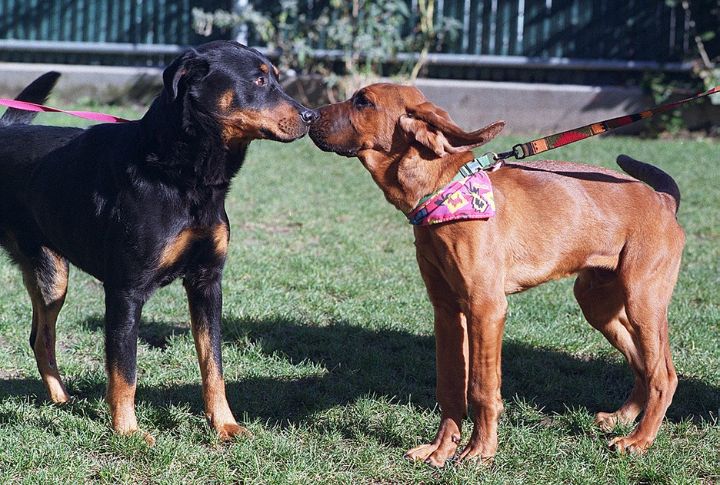
Dogs learn from their environment, and if you’re anxious in social situations, your dog might be too. Anxious owners often avoid dog parks or social gatherings, which limits their dog’s exposure to others. Without the chance to interact, your dog could develop social awkwardness around other dogs.
Overattachment And Clinginess
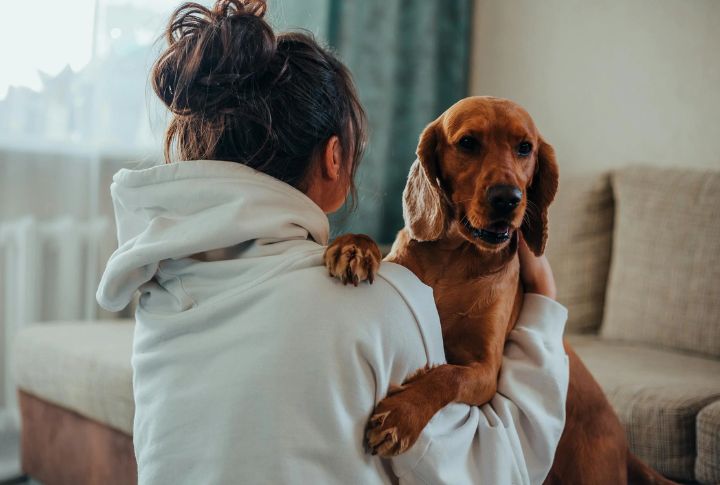
When you’re anxious, your dog might become more clingy than usual. They’ll follow you around everywhere and not want to leave your side. It’s their way of seeking reassurance from you. The constant need for your presence is their attempt to comfort themselves amid your emotional turmoil.





